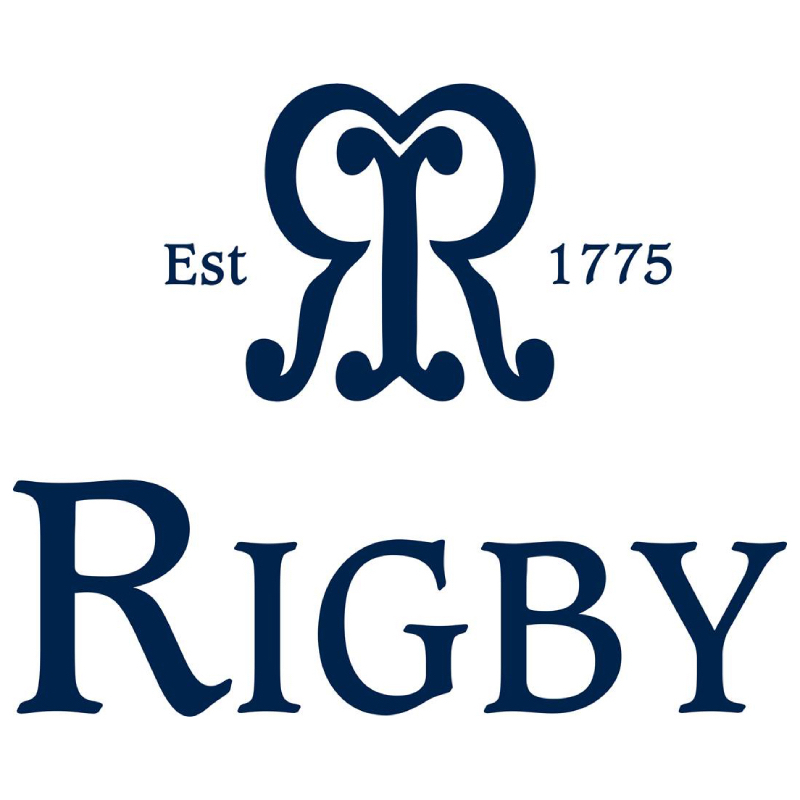John Rigby & Co. Marks Historic 250-Year Milestone
Author: Nick Miles | Publish Date: Mar 28, 2025
The legendary gunmaking firm John Rigby & Co. is commemorating its remarkable 250th anniversary this year, celebrating a legacy that spans more than two centuries of exquisite craftsmanship and innovation.

The company's story began in 1775 when founder John Rigby, born in 1758, established his gunmaking business in Dublin, Ireland. His firearms—including rifles, shotguns, muskets, and pistols—quickly gained popularity and saw strong demand. However, the company faced its first major setback during the Irish Rebellion of 1798, when government forces confiscated Rigby's inventory, personal firearms, and even customer-owned weapons.
Though initially forced to close, the resilient business was operational again by 1810. Following John Rigby's death in 1818, leadership passed to his sons John Jason Rigby and William Rigby, who ran the enterprise under the name W. & J. Rigby from 1820 to 1865.
After William's passing in 1858, his son (also named John Rigby) took control of the business. Under this new leadership, the company achieved international recognition, earning prestigious awards in Paris and London that established it as a premier firearms manufacturer.
This growing prestige led to expansion, with the opening of a London store in 1865. The strategic location placed Rigby among Britain's elite gunmakers, attracting a distinguished clientele that included royalty from around the world. Special rifles presented to American military leaders such as General George Armstrong Custer and General Ulysses S. Grant further enhanced the company's reputation. During this period, the business returned to operating under the John Rigby & Co. name and experienced significant growth.
Approximately 25 years later, all operations were consolidated in London and the Dublin facility was sold. Despite multiple periods of wartime production—during which the government relied on Rigby's expertise while commercial output slowed—the company maintained its commitment to firearm innovation and design.
Rigby developed numerous groundbreaking products, including the Nitro Express cartridges, and established an important relationship with Peter Paul Mauser. In 1911, the company introduced its first rifles chambered in .416 Rigby, featuring the legendary Mauser bolt-action design that continues to be used in many of the company's fine rifles today.
When John Rigby died in 1916, his son Theodore assumed leadership amidst the challenges of the Great War. He successfully guided the company through this difficult period, only to face another serious threat during World War II when the factory became a frequent target during the Nazi bombing campaign known as "The Blitz." To preserve the company's heritage, records and ledgers were relocated to a countryside farm—a location that would remain unknown to company owners for another four decades.
Following Theodore's death in 1951, John Rigby & Co. left family ownership and entered a period of changing leadership. Vernon Harris purchased the company first, owning it until his death in 1965, after which his widow sold it to investors in 1968. Paul Roberts acquired the business in 1982, followed by Neil Gibson of Texas in 1997. American businessmen Jeff Meyer and John Reed took ownership in 2010, relocating production from California (where the previous owner had moved it) back to London.
In 2013, Lüke & Ortmeier Gruppe—the corporate group that owns Mauser, J.P. Sauer & Sohn, SIG Sauer Inc., and Blaser—acquired the company, where it remains today.
To commemorate its 250th anniversary, John Rigby & Co. has created a special YouTube video showcasing the exceptional craftsmanship and artistry that defines each Rigby firearm. The video also explores the decade-long restoration of Admiral Lord Nelson's flagship from the Battle of Trafalgar—the HMS Victory—which was commissioned the same year both Nelson and the first John Rigby were born. As part of the celebration, the company is featuring an original piece of oak from this historic vessel, being transformed into a unique showpiece by Rigby's skilled craftsmen.